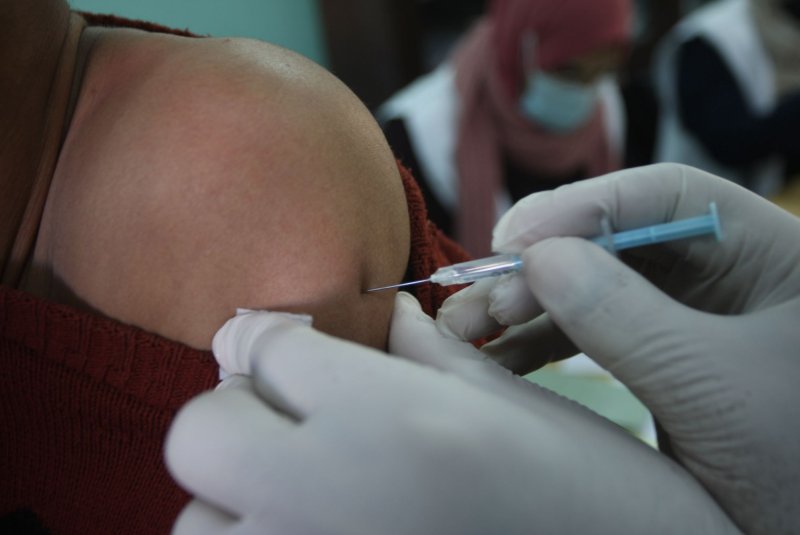A recent clinical trial has revealed that exercise significantly benefits women diagnosed with advanced breast cancer, enhancing their ability to endure both the disease and its treatments. The study, which involved 357 patients with stage 4 breast cancer, demonstrated notable improvements in muscle mass and physical performance among participants who engaged in a structured exercise program compared to those who did not.
Researchers found that participants enrolled in a nine-month exercise regimen gained nearly 2 pounds of additional muscle mass within the first three months. Even after six months, these women maintained approximately 1 pound more muscle than the control group. The exercise program included aerobic, strength, and balance training, with participants receiving guidance from trainers twice a week for the first six months, followed by a mix of supervised and unsupervised sessions.
Anne May, a professor of clinical epidemiology of cancer, emphasized the significance of these findings, stating, “Lean body mass is linked to better treatment tolerance, prognosis, and overall health.” She highlighted that increased muscle strength correlates with improved quality of life and a reduced risk of mortality. “These results support the call for exercise, particularly supervised exercise with a resistance component, to be integrated as a standard part of cancer care,” May added.
Details of the Study
Conducted between 2019 and 2022, the study involved hospitals across Germany, Poland, Spain, Sweden, and The Netherlands. The exercise program aimed not only to enhance strength but also to improve balance, a crucial aspect for patients with metastatic breast cancer, particularly those with bone involvement. According to May, “Low muscle mass and strength are associated with balance problems, which can be exacerbated further by therapy-induced nerve damage.”
One participant’s journey highlights the program’s impact. Initially struggling with balance issues, she was unable to board a bus. After participating in the supervised exercise program, she regained her ability to use public transportation, enabling her to visit the city center and library once again.
Future Initiatives and Resources
The findings were presented by May at the Advanced Breast Cancer Eighth International Consensus Conference in Lisbon on November 6, 2025. As a follow-up, the Advanced Breast Cancer Global Alliance plans to launch a Physical Activity Resource Hub by early 2026. This online resource will offer videos, exercise guides, and links to support patients with varying levels of breast cancer and fitness.
Eva Schumacher-Wulf, an advanced breast cancer patient and editor-in-chief of the German cancer magazine Mamma Mia!, underscored the importance of tailored exercise programs. “People with advanced cancer have special needs, and not every exercise program is feasible or suitable,” she stated. Schumacher-Wulf is also part of the working group developing the exercise hub, emphasizing the need for targeted initiatives to enhance the quality of life for these patients.
This new research underscores the crucial role of exercise in cancer care, providing hope and practical solutions for women facing advanced breast cancer.







